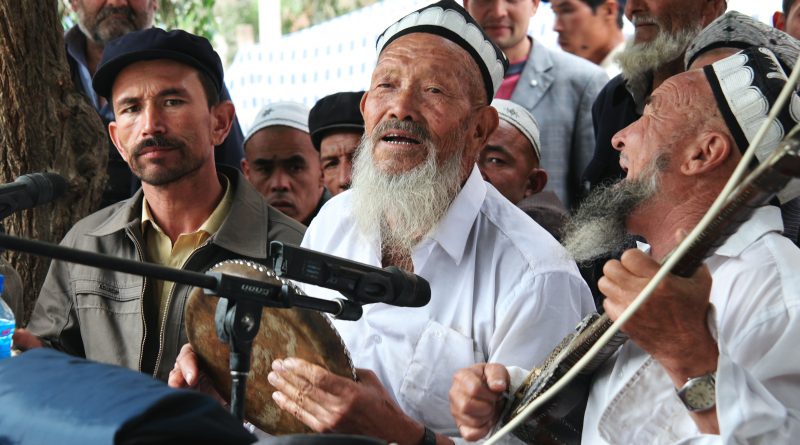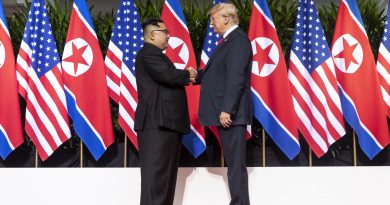China’s Mass Detention of Uyghurs Muslims Continues, Mirroring the Rohingya Crisis
Samuel Adams
Staff Writer
The Chinese government has turned the Xinjiang Province into a Police state, from a ban on the Uyghur language to a slew of internment camps that many claim torture and force conversion from Islam, the religion of the Uyghurs.
The camps, which state authorities claim are “voluntary vocational camps,” are wrought with stories of rape, beatings, and torture. Quoted by Al Jazeera, a former inmate recalls his time inside, “I’ve seen many people being beaten in interrogations inside. At times they used bare electrical cords…What I can’t forget is the blood…”
The Chinese refer to the semi-autonomous region in northwestern China as Xinjiang, but many residents still refer to it as East Turkestan, its 20th century name. Xinjiang is home to one of the largest minority groups in China, the Uyghurs Muslims, who number close to 10 million, reports BBC.
In recent years, the region has come under more and more pressure by the Chinese authorities in Beijing on claims of separatism and extremism. Although some in the region claim they belong to East Turkestan, there is no evidence to support the Chinese governmental claims of a growing separatist or Islamist movement.
Alongside the horrors of the camps, detainees are often charged arbitrarily with citing religious text, having studied abroad, or simply being on an international phone call, Al Jazeera reports. In response to reports of abuse, forced conversion, and arbitrary arrests, Amnesty International has submitted a proposal to the Human rights Council, an international organization to which China is a member, calling for an independent fact finding mission to report to the Human Rights Council.
To combat the growing wave of denunciations on the world stage, China has offered to take small groups on tours of their “vocational camps,” to which the European Union offered three of its diplomats, reports the New York Times. These officials visited sites carefully selected and tours orchestrated by Chinese authorities.
Upon returning, the EU officials regarded the trip as giving insight into Chinese actions, “but does not invalidate the EU’s view of the human rights situation in Xinjiang, including in relation to mass detention, political re-education, religious freedom and sinicization policies,” reports the New York Times.
While the international community scrambles to respond more effectively than the response to the ethnic cleansing of the Rohingya, China continues to expand their operation. Reporting from the Middle East Monitor claims that China has inked a deal with a controversial formerly United States based mercenary group, Frontier Services Group. Details on the deal are scarce, but the group will construct a “training center” in Xinjiang.
The deal seems to imply that this training center will have much more to do with forced conversion and ideological suppression than anything else, reports Middle East Monitor. FSG chairperson Erik Prince, an American who once ran the extremely controversial Blackwater group that was tied to the 2007 slaying of 14 innocent Iraqis, has denied knowledge of the contract with the Chinese, but acknowledged the deal is at least in its preliminary stages.
FSG has a record of relationships with less than savory regimes. FSG is based in Dubai, the United Arab Emirates, where the government has massive influence over the company as the nation granted FSG $529 million to build a small army to be under direct control of the Crown Prince of the UAE.
The extent to which Erik Prince is involved with the UAE has surfaced in his apparent attendance to a meeting with the UAE, Russia, and a Trump official that is under investigation by the FBI.
With the use of companies such as FSG, China creates an intermediary they can use to brush off accountability of their actions. Furthermore, Amnesty International quoted Kenneth Roth of Human Rights Watch stating, “The Human Rights Council’s integrity demands that states not allow China to hide behind its membership or economic might to escape accountability.”
As the international community decides on an appropriate response, with the HRC provision not yet before the High Commissioner, China will continue to strengthen its grip over the Uyghur. The response the international community will take cannot mirror that of the Rohingya crisis if it wishes to uphold the credibility of the United Nations, the Human Rights Council, and most importantly the human rights of the Uyghur.


